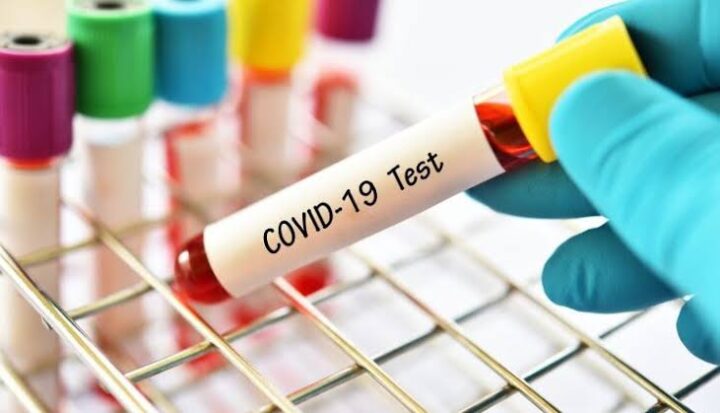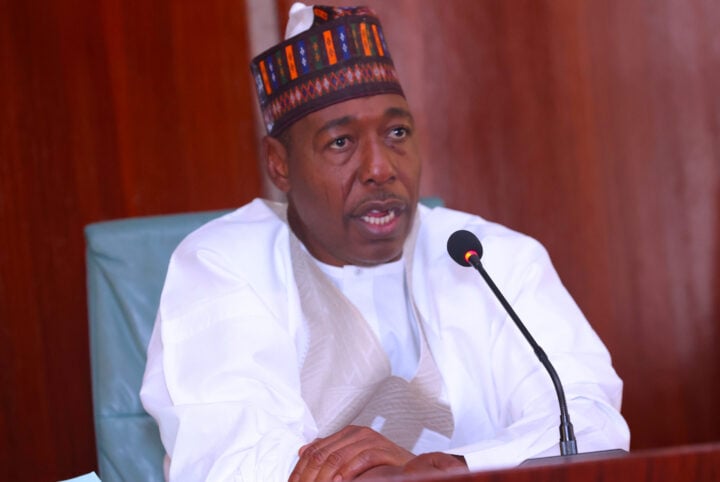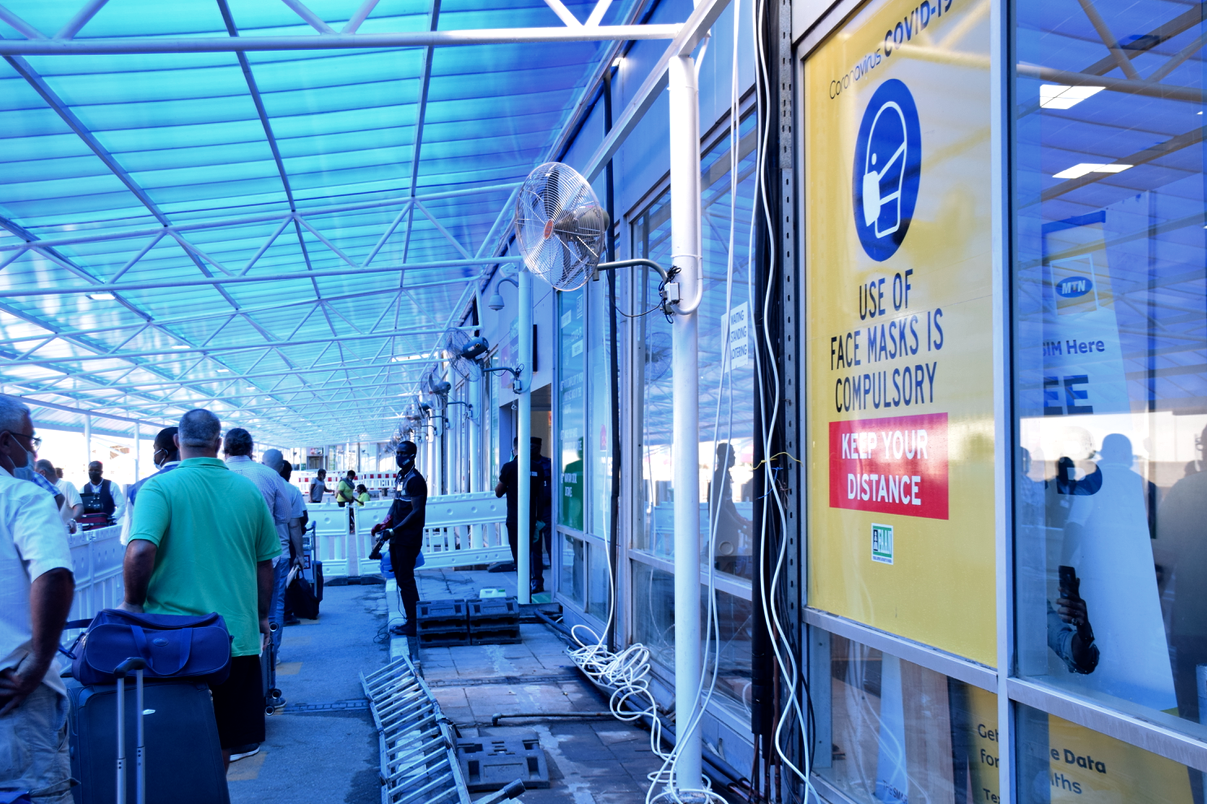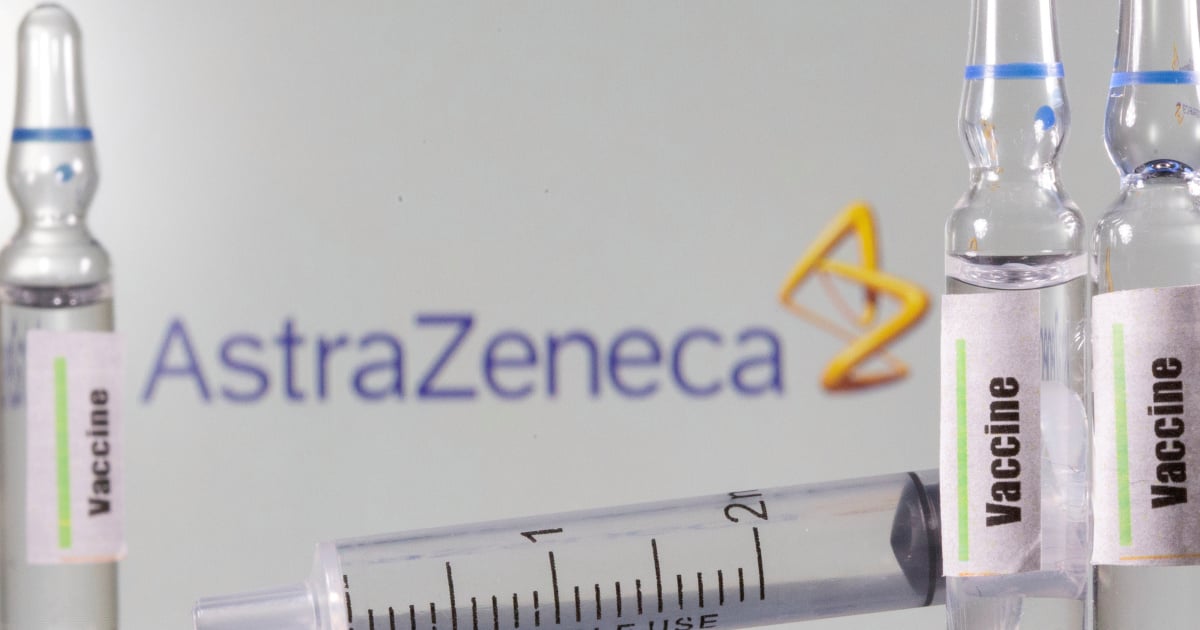The number of Nigerians who have contracted the coronavirus is “higher than” the cases confirmed by the Nigeria Centre for Disease Control (NCDC).
The NCDC and Nigeria Institute for Medical Research (NIMR) disclosed this in a report released on Monday.
The report notes that one in every five persons in Lagos, Enugu and Nasarawa states had contracted COVID-19 as of October 2020.
In October 2020, the World Health Organisation (WHO) had said about one in every 10 persons may have contracted COVID-19.
Advertisement
At the time, the total reported number of confirmed cases worldwide was around 35 million.
According to the NCDC and NIMR, the research, conducted in four states — Lagos, Enugu, Nasarawa and Gombe — was designed “to improve the estimate of the burden of COVID-19 infection in the country and provide a more detailed estimate of the extent of infection”.
For the research, blood samples were collected from over 10,000 individuals “residing in a representative sample of households” in the four states.
Advertisement
The blood samples were then tested for the presence of SARS-CoV-2 antibodies, through the application of locally validated laboratory tests.
The survey findings revealed that “the prevalence of SARS-CoV-2 antibodies was 23% in Lagos and Enugu States, 19% in Nasarawa State, and 9% in Gombe State. This means that as many as 1 in 5 individuals in Lagos, Enugu and Nasarawa State would have ever been infected with SARS-CoV-2. In Gombe, the proportion is about 1 in 10.”
“These rates of infection are higher than those reported through the national surveillance system and reveal that the spread of infection in the states surveyed is wider than is obvious from surveillance activities. This is not surprising for COVID-19, given that a majority of those infected do not have any symptoms,” the report reads.
“Results of the survey further showed higher rates of infection among: 1) males than females (for example, 10% vs. 7% in Gombe and 21% vs. 17% in Nasarawa); 2) urban compared to rural and residents (for example, 28% vs. 18% in Enugu and 23% vs. 19% in Lagos); and persons aged 18-64 years. There were also variations across the local government areas (LGA) within the four states. The survey team noted that these observations are in tandem with what had been reported by the NCDC based on the national surveillance system.
Advertisement
“In interpreting the results, the survey team noted that ‘SARS-CoV-2 emerged only one year ago and antibody response according to severity of infection and the duration of antibody persistence are not yet completely understood’. Given the high proportion of asymptomatic cases in Nigeria, the true seroprevalence of ever having infection may be underestimated in the survey if individuals infected early in the outbreak no longer had sufficient antibodies for detection when the survey was conducted.
“The results from the survey show that a significant proportion of people in Nigeria are still at risk of SARS-CoV-2 infection and therefore, COVID-19. It is very important that Nigerians continue to adhere to public health and social measures including regular handwashing, proper use of face masks and physical distancing.”
The NCDC and NIMR said the study is being expanded with a priority to capture information from states in the north-west and south-south geopolitical zones, which were not included in the initial round of surveys.
Meanwhile, as of February 21, 2021, Nigeria had confirmed more than 152,000 coronavirus infections.
Advertisement
Add a comment







